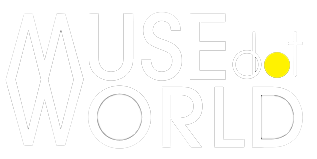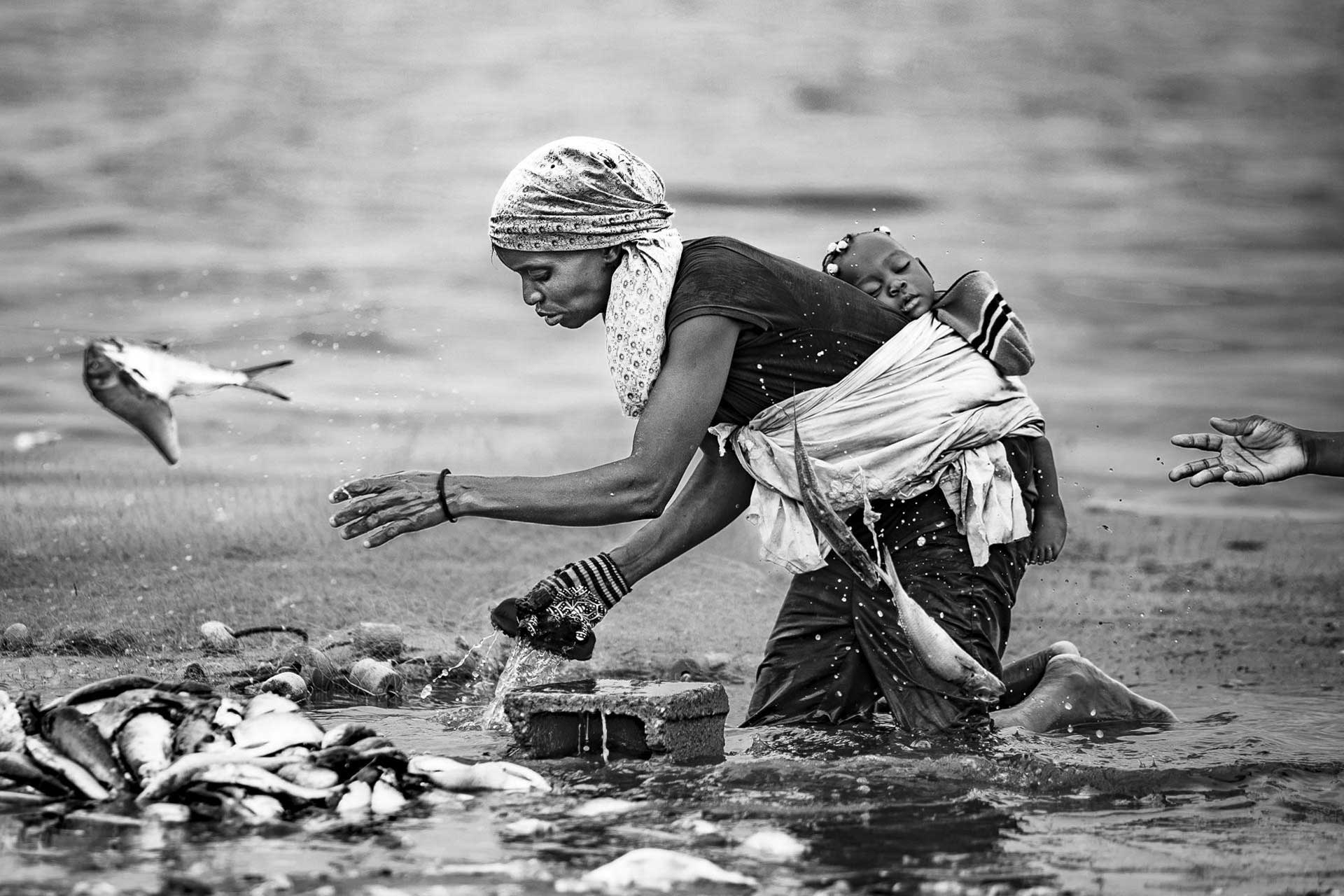Interview with João Coelho from Portugal

Interview with Even Chiu of Eudemonia Visual Design Consultancy Ltd
October 19, 2023
Interview with Xuan Cui from United States
October 23, 2023João Coelho
João Coelho has been passionate about photography since he was 18, initially focusing on nature and landscapes, which led to published articles in Portuguese tourism magazines. His enthusiasm waned during his professional life's demands but resurged about six years ago, with a sole focus on documentary photography.
Interview with the 2023 European Photographer and Category Winner of the Year - João Coelho
I was born in Angola, but at the age of 11, I relocated to Portugal and spent almost 17 years there. It's been about 17 years since I returned to Angola, and it's where I have remained ever since. I graduated in law but I currently work as a consultant on social sector development projects in Angola. I've had a passion for photography for as long as I can remember, particularly after buying my first camera when I was 18 years old.
At the time, I focused more on nature and landscape photography, having published several text and image articles in Portuguese tourism and leisure magazines. My passion was dormant for several years due to the demands of my professional life. It was reborn about six years ago, now with a focus solely on documentary photography.
Increasingly, I view my photography as a genuine calling. Through my journey in documentary photography with a strong focus on humanism, I've come to tell stories of survival and remarkable resilience. Along the way, I've gained profound respect and deep admiration for the individuals I capture through my lens.
Today, I feel a great desire and responsibility to show these lives to the world and try to fight against a kind of irreversible fate intertwined with their lives. If I can somehow draw attention to the inequalities and injustices that are revealed in my work, I will feel fulfilled as a photographer and as a person.
These works are representative of what I want to convey with my photography.
The "Resilient mothers" series portrays mothers in extreme working situations in order to survive, but also depicts how they are able to give care and attention to their children regardless of the harsh conditions in which they live or work. As well as denouncing these conditions, they are examples of dedication and enormous resilience.
In the case of "The end of the line", as the title suggests, I wanted to show how far a human being can go to survive. It's a dramatic scene about the human condition that aims to shock the viewer, who would probably never imagine that in the 21st century and in an increasingly globalised world, there were still situations like this.
First of all, study and seek inspiration from classic photographers and from those who arouse emotions in you. If that happens, it's because that style of photography is close to your heart and that's what matters to keep your passion alive.
Secondly, practice to the point of exhaustion and raise your critical sense, only then will you be able to make the camera a mere extension of your body.
Finally, don't get lost in the technical aspects of cameras. You don't need to invest a fortune in photographic equipment to take iconic photographs.
This is a very interesting question that inevitably leads me to comment on the issue of AI in photography that is being debated so much today. Personally, I don't consider AI-generated images to be photography. They are, or I hope they will be, a form of art that is distinct and completely separate from photography as we understand it today.
As I quoted Ansel Adams earlier, the most important thing for me in photography is the photographer, the person behind the camera who puts their own artistic sensibility into the images he captures, the emotions and feelings they felt when observing a particular scene, the desire to tell a particular story through images.
Curiously, and in a completely opposite direction to the AI generated photography, I feel an enormous attraction and desire to acquire new knowledge in analogue photography. In a word, I'm a purist, but always receptive to new knowledge.
Winning Entry
Resilient mothers | 2023
This series intends to portray the strength and resilience of Angolan women. They are burdened with ... (Read more at European Photography Awards)
The end of the line | 2023
How far will the human being go to survive? What extent of sacrifices will he accept to satisfy the hunger ... (Read more at European Photography Awards)
João Coelho
João Coelho Photography
João Coelho has been passionate about photography since he was 18, initially focusing on nature and landscapes, which led to published articles in Portuguese tourism magazines. His enthusiasm waned during his professional life's demands but resurged about six years ago, with a sole focus on documentary photography.
Read more about this interview with GVivanco from Chile, the Gold Winner of the 2023 European Photography Awards.



